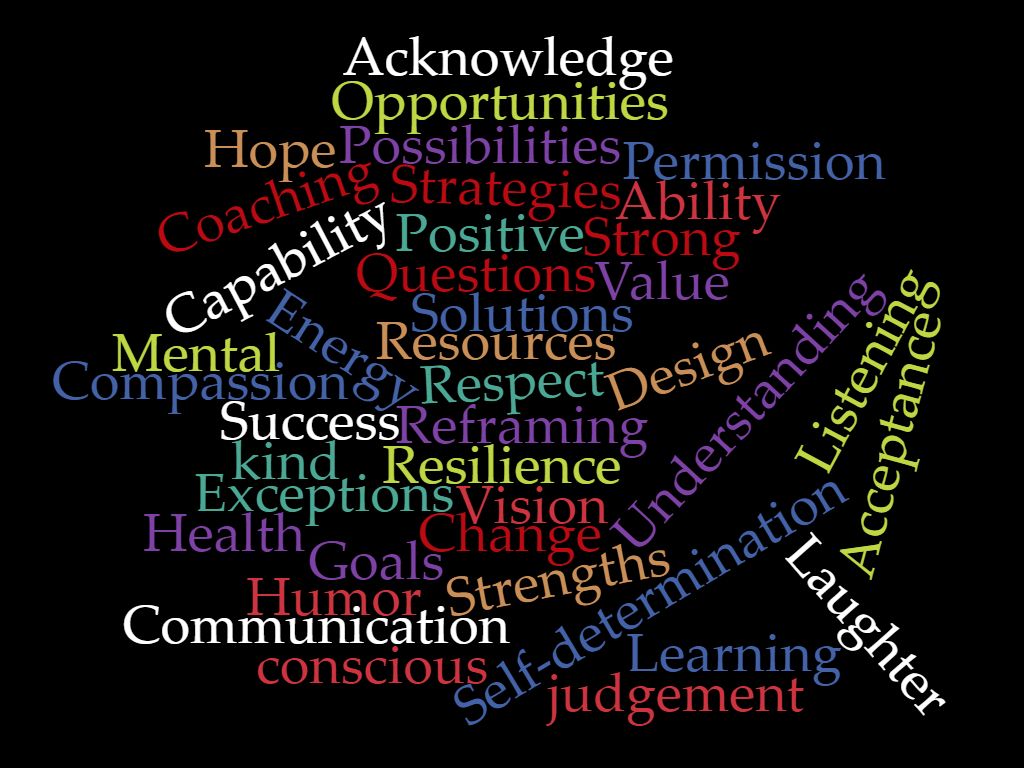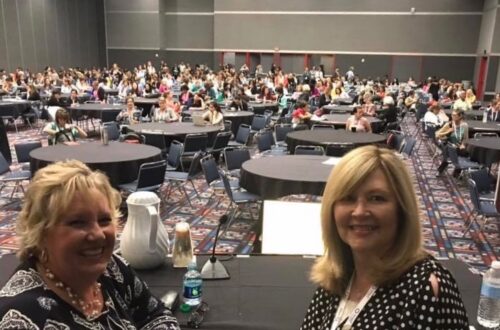
“If we understood the power of our thoughts, we would guard them more closely. If we understood the awesome power of our words, we would prefer silence to almost anything negative. In our thoughts and words, we create our own weaknesses and our own strengths. Our limitations and joys begin in our hearts. We can always replace negative with positive.” ~Betty Eadie
Back in February 2020, just before we knew how the world was going to change through the pandemic, we launched a series on the power of words. Our goal was (and still is) to evolve solution-focused vocabulary among our readers to inspire, motivate and provide practical guidance to change messages so we can help people embrace possibilities, opportunities and create a vision for the future.
Today we begin a 4-blog series called, “Be REAL”, revisiting some of those powerful words and our important messages. The 4 words we’ll focus on make up the acronym REAL:
- Resilience
- Experts
- Acceptance and
- Listening
Today’s word is RESILIENCE
Resilience is one of the skills essential for people with diabetes to develop in order to live well with diabetes. And yes, resilience is a skill. Research shows that resilience is a skill that can be developed over time with practice and support. We think about resilience as the ability to “bounce back” after challenging times. It’s having inner strength when life throws you challenges and still being able to hold your head up.
Living with a chronic condition like diabetes means living with chronic stress, and that can make managing diabetes more challenging. That’s where building resilience comes into play. Our last blog shared 5 ways to cultivate mental toughness, helping to build resilience.
When a diabetes care and education specialist engages in a solution-focused approach to practice, the ability to build resilience is not only possible, but highly likely. When we reinforce and recognize positive behaviors and strengths, people tend to do more of those things more often. In solution-focused practice we call these “exceptions” or times when problems don’t exist and life is working well.
People who see themselves as being resilient are typically those who have suffered adversity, faced significant challenges and were able to come out of their struggles stronger and with a different perspective on life. Often those who have faced the biggest challenges are the most resilient. Tami recalls a patient that she worked with over a several year time frame. This individual lived with long-standing diabetes, lost her husband at a young age, dealt with some significant health and financial challenges, and then lost everything she owned in a house fire. Despite the many life challenges she’d experienced, she had developed the ability to bounce back, persevere, and maintain focus on managing her diabetes. Life seemingly brought her a lot of “lemons”, so to speak. (We wrote about working through “when life gives you lemons” in our blog here)
A key focus in building resilience is on recognizing stressors and building plans to work through the stressful situations and setbacks, and come out on the other side feeling successful, even if it is just one very small success.
What’s REAL in 2023?
Who knew how much resilience we would all need and how important our “VIPs” would be in life coming through the pandemic in the time since we wrote our original 2020 blog on resilience! If you didn’t catch it, you can find it here: 2020 Resilience blog.
Please take a moment and Be REAL with us – share your impressions of resilience and what changes you’ve noticed in the past few years. How has resilience been important to you?
Join us next week as we focus on the E in Be REAL: Experts!
We welcome anyone interested in our approach to Subscribe to our blog and we’ll email you when a new post is published!
If you are a health care professional and interested in learning more about our solution-focused practice and approach, when you subscribe to our blog, we’ll send you in return a FREE resource of 10 Solution-Focused Questions to start a solution-focused discussion with your clients.
Follow us on Twitter @AFreshPOVforYou
Deb is employed by Dexcom, but her words and opinions in this blog are her own.
Tami is employed by the University of Kentucky HealthCare Barnstable Brown Diabetes Center, but her words and opinions in this blog are her own.





